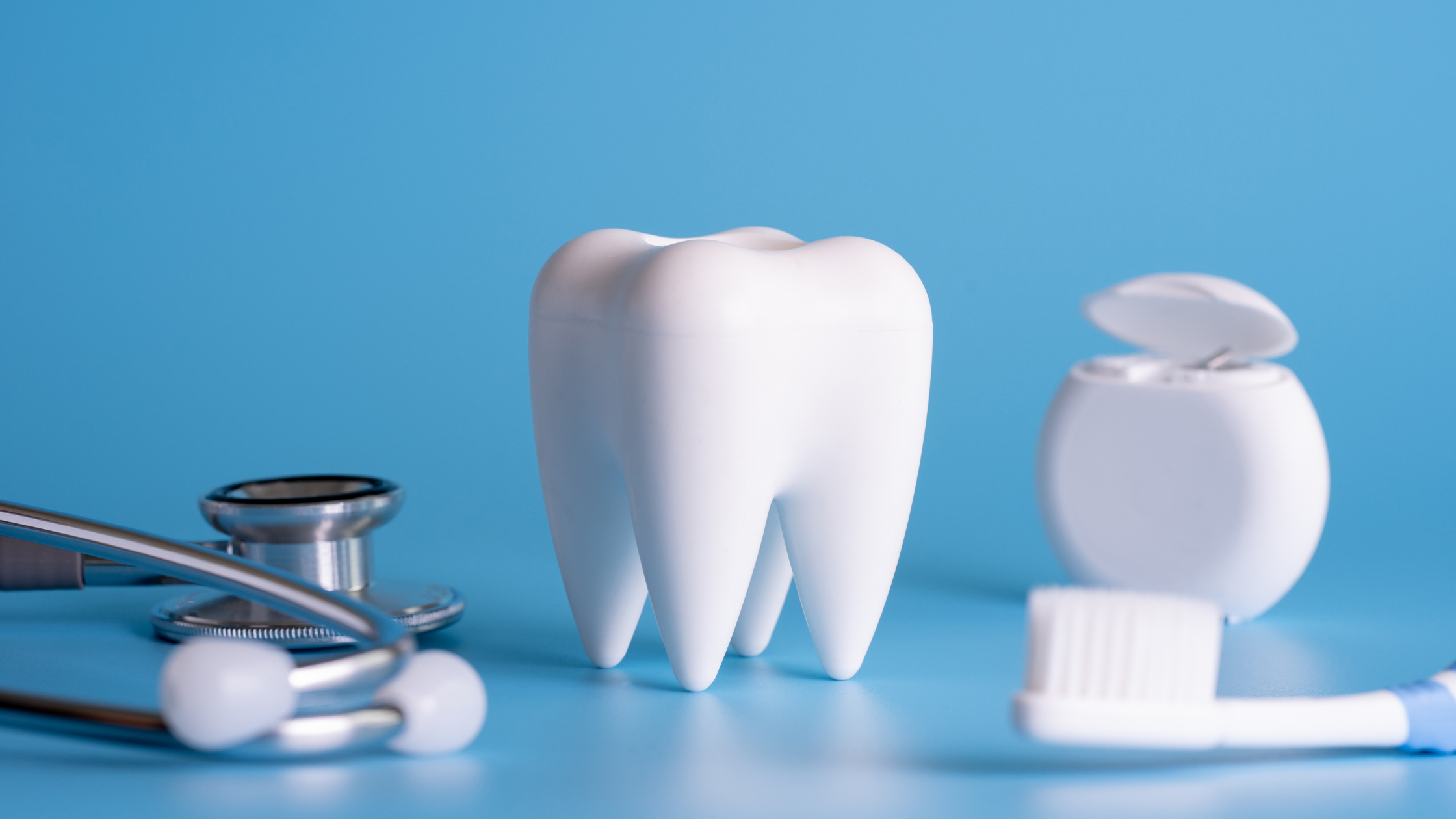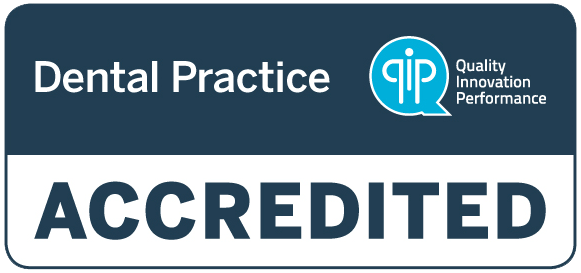Are you wondering if you can use your super for dental expenses?
This article will provide you with the eligibility criteria and potential limitations of using your super for dental. It will also guide you on how to access your super for dental expenses and offer alternatives to consider.
Before making any decisions, it’s important to take into account the important considerations discussed in this article.
Key Takeaways
- Meeting income requirements and providing necessary documentation are important factors in using super for dental expenses.
- Accessing super for dental may have limitations and long-term financial implications that should be carefully considered.
- It is essential to consult with a financial advisor to make an informed decision and evaluate the potential impact on retirement savings.
- Exploring alternative financing options and dental insurance coverage can be viable alternatives to using super for dental expenses.
Eligibility Criteria for Using Super for Dental

To determine if you’re eligible to use your super for dental expenses, you must meet certain criteria.
Firstly, there are income requirements that you need to fulfill. Your total income, including salary, wages, and any other sources of income, must be below a certain threshold. This threshold is set by the Australian Taxation Office and is subject to change each year. It’s important to check the current income limits before making any decisions.
Secondly, you’ll need to provide documentation to support your application. This may include proof of your income, such as pay slips or tax returns, as well as any other relevant documents that demonstrate your need for dental treatment. It’s crucial to gather all the necessary documentation to ensure a smooth application process.
Potential Limitations of Using Super for Dental
Using your super for dental expenses may have some potential limitations that you need to be aware of. While it can provide short-term relief for your dental costs, there are financial implications and long-term impacts to consider.
One limitation is that accessing your super for dental purposes may result in a reduction of your retirement savings. This can affect your future financial security and limit your options in retirement. Additionally, there may be restrictions on the amount you can withdraw, depending on your super balance and age.
It’s important to carefully consider the potential consequences and weigh them against the immediate benefits of using your super for dental expenses. Consulting with a financial advisor can help you make an informed decision based on your individual circumstances.
How to Access Your Super for Dental Expenses
You can access your super for dental expenses by submitting a valid Early Release of Superannuation (ERS) application. Here are the steps to follow:
- Check your insurance coverage: Before accessing your super, make sure to review your dental insurance policy. Some policies may provide coverage for certain dental procedures, reducing the need to access your super.
- Gather the necessary documentation: To submit an ERS application, you’ll need to provide supporting documents such as a letter from your dentist outlining the recommended treatment, details of the treatment costs, and any other relevant information.
- Submit the application: Once you have gathered all the necessary documentation, you can submit your ERS application to your superannuation fund. They’ll review your application and make a decision on whether to release the funds for your dental expenses.
Remember to carefully follow the claiming process outlined by your superannuation fund to ensure a smooth and successful application.
Alternatives to Using Super for Dental
If accessing your super for dental expenses isn’t an option, there are alternative ways to cover the cost of your dental treatment.
One option is to explore financing options specifically designed for dental procedures. Many dental clinics offer payment plans or financing options that allow you to spread out the cost of your treatment over time. These plans often come with low or no interest rates, making it more affordable for you to receive the dental care you need.
Another alternative is to consider dental insurance. Dental insurance plans can help offset the cost of dental treatments and procedures, providing you with financial assistance when it comes to maintaining your oral health. It’s important to research different insurance providers and choose a plan that best suits your needs and budget.
Important Considerations Before Using Super for Dental
Before diving into using your super for dental expenses, it’s crucial to carefully consider some important factors:
- Financial implications: Using your super for dental expenses can have a significant impact on your retirement savings. Withdrawals from your super may result in lower investment returns and potential tax implications. It’s important to assess whether the dental expense is necessary and if there are alternative funding options available.
- Long-term impact: Withdrawing from your super to cover dental expenses can affect the growth of your retirement fund. It’s essential to evaluate the long-term consequences of using your super for immediate dental needs. Consider the potential loss of compounding returns and the impact it may have on your retirement income.
- Alternative financing options: Before tapping into your super, explore other ways to finance dental expenses. This may include dental insurance, payment plans, or exploring government assistance programs. Evaluate these alternatives to determine if they can provide a more sustainable solution without jeopardizing your retirement savings.
Carefully weighing the financial implications and long-term impact of using your super for dental expenses is crucial. Explore alternative funding options and consult with a financial advisor to make an informed decision that aligns with your financial goals.
Frequently Asked Questions
Can I Use My Super to Pay for Orthodontic Treatment?
Yes, you can use your super to pay for orthodontic treatment. However, it is important to understand the superannuation regulations surrounding early release and consider alternative financing options before making a decision.
Are There Any Restrictions on the Types of Dental Procedures I Can Use My Super For?
You can use your super for a variety of dental procedures, but there are certain restrictions. Eligibility criteria must be met, and the types of procedures covered by super may vary.
How Much of My Super Balance Can I Withdraw for Dental Expenses?
You can withdraw a portion of your super balance for dental expenses, but there are limits. The amount you can take out depends on your specific circumstances. Keep in mind the potential tax implications.
Can I Use My Partner’s Super to Pay for My Dental Treatment?
Yes, you can use your partner’s super to pay for your dental treatment. However, it’s important to check with your super fund to understand any restrictions or conditions that may apply.
Is There a Minimum Age Requirement for Accessing Super for Dental Expenses?
The minimum age requirement for accessing super for dental expenses varies depending on your specific superannuation fund. However, it’s important to note that most funds do not allow the use of super for cosmetic dentistry.

